DIDACTICS
DIDACTICS
OF MATHEMATICS IN OF MATHEMATICS IN LATIN LATIN AMERICA AMERICA
MADEBY:
SERGIOMÉNDEZ MIGUELACUÑA ALEXANDRAROJAS MARCOAVILA WILLIAMMORA

Establishment of Educational Programs (1975):
1.
Laid the foundation for systematic research, advancing mathematics education.
Doctoral Programs and Research Initiatives (Late 1980s):
1
Marked a commitment to advanced studies, enhancing research and educational practices Fostered global exchanges, enriching the research landscape with diverse perspectives
2
Dissemination of research findings contributed significantly to academic growth.
Focus on Cognitive Studies:
1.
Exploration of historical development provided valuable insights into mathematical knowledge.
Inclusion of Adult Education:
1
Addressing competencies of adults without formal schooling contributed to inclusivity
Aspects Aspects Aspects
Introduction of Technology:
1. Introduction of the Enciclomedia platform led to effective use of technology in teaching
Connection between research and curriculum development showcased practical applications.
2.
Identification of Alternative Teaching Approaches:
Recognition of diverse student approaches paved the way for alternative instructional strategies
1 Advancements in teaching fractions, decimals, and proportional reasoning showcased innovation.
2. Research focused on evaluating achievements in mathematics, enhancing educational goals.
3. Exploration of diverse topics in higher education enriched the understanding of mathematics. 4.
Aspects Aspects Aspects
Scarcity of Research on Geometry and Probability:
1 Challenges in Adult Education Research: Comprehensive studies on technology integration challenges and successes were absent.
Limited attention to these areas left gaps in understanding fundamental mathematical concepts
1. Limited Understanding of Student Concepts:
1. Reliance on experimental conditions may not fully capture challenges and benefits in real classrooms.
Research didn't consistently provide comprehensive solutions to students' limited understanding.
2. Limited exploration and resistance to innovative teaching methods underscored a gap in understanding
4
3 Scarcity of studies in these areas left gaps in understanding essential mathematical concepts.
Sparse Research on Initial Teacher Training:
1 Technology Integration Challenges:
Lack of investigation into initial teacher training practices indicated a gap in understanding
1. More attention was given to newer technologies, overshadowing the importance of calculators.
Highlighted challenges in planning, design, training, and maintenance for successful integration in primary education.
2.

Colombia can benefit by establishing specialized programs that focus on advancing the knowledge and research in mathematics education, ensuring a strong academic base for educators.
Colombia could explore partnerships with global educational institutions to bring diverse perspectives and methodologies into its own mathematics education research.
Colombia can enhance its math education landscape by embracing technological tools. Initiatives should focus on incorporating modern teaching aids, online resources, and interactive platforms, recognizing the importance of alternative teaching approaches; Here in Colombia we can explore diverse strategies to cater to the varied learning styles and preferences of students while math learning. Encouraging us (educators) to adapt to these approaches - leading to a more dynamic and effective math education system.

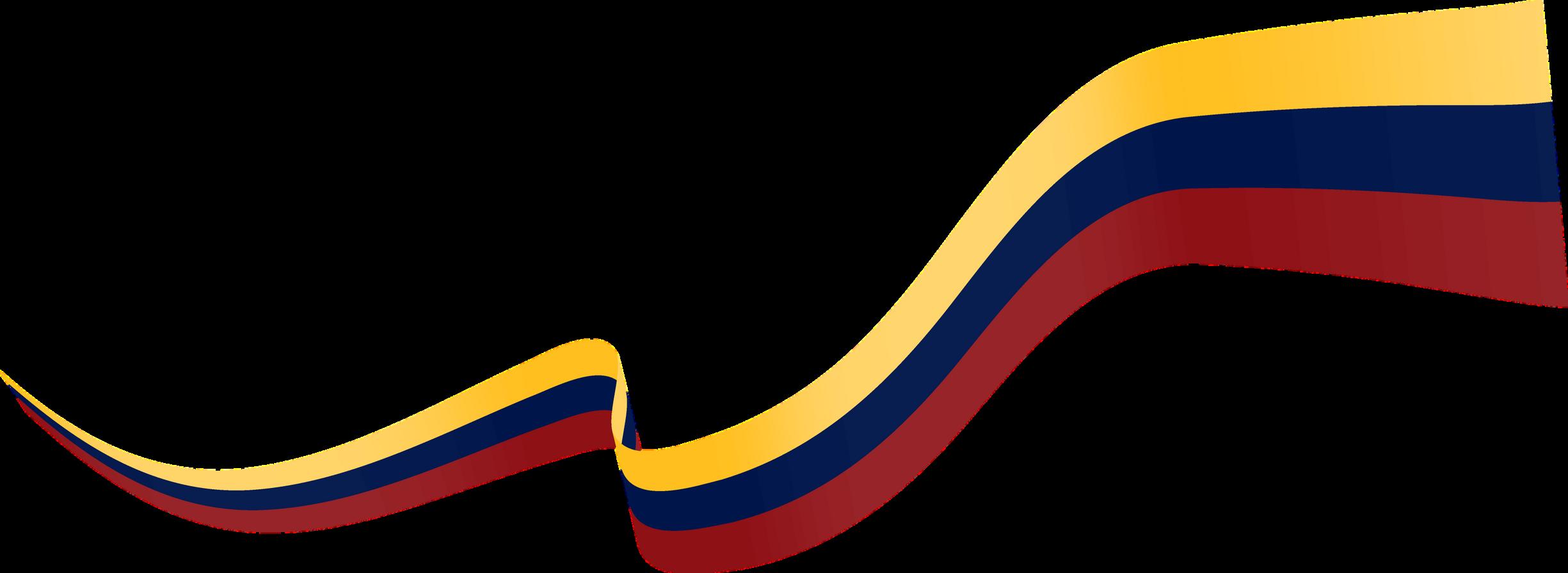

Existence of the Math Fair program, which has as its main objective to promote teaching through research, especially in the limits of knowledge During this fair, 3 important aspects are covered: initiation, foundation and conduct. The idea is to transcend the academic field by motivating and involving different agents of the educational community such as teachers and students, with the objective that they explore their environment, value the actions carried out and also, promote the strengthening of education within their school community
The results of the research that arise from the interest of groups of students, and that are accompanied by teachers, are presented during two days in the exhibition of the Math Fair.
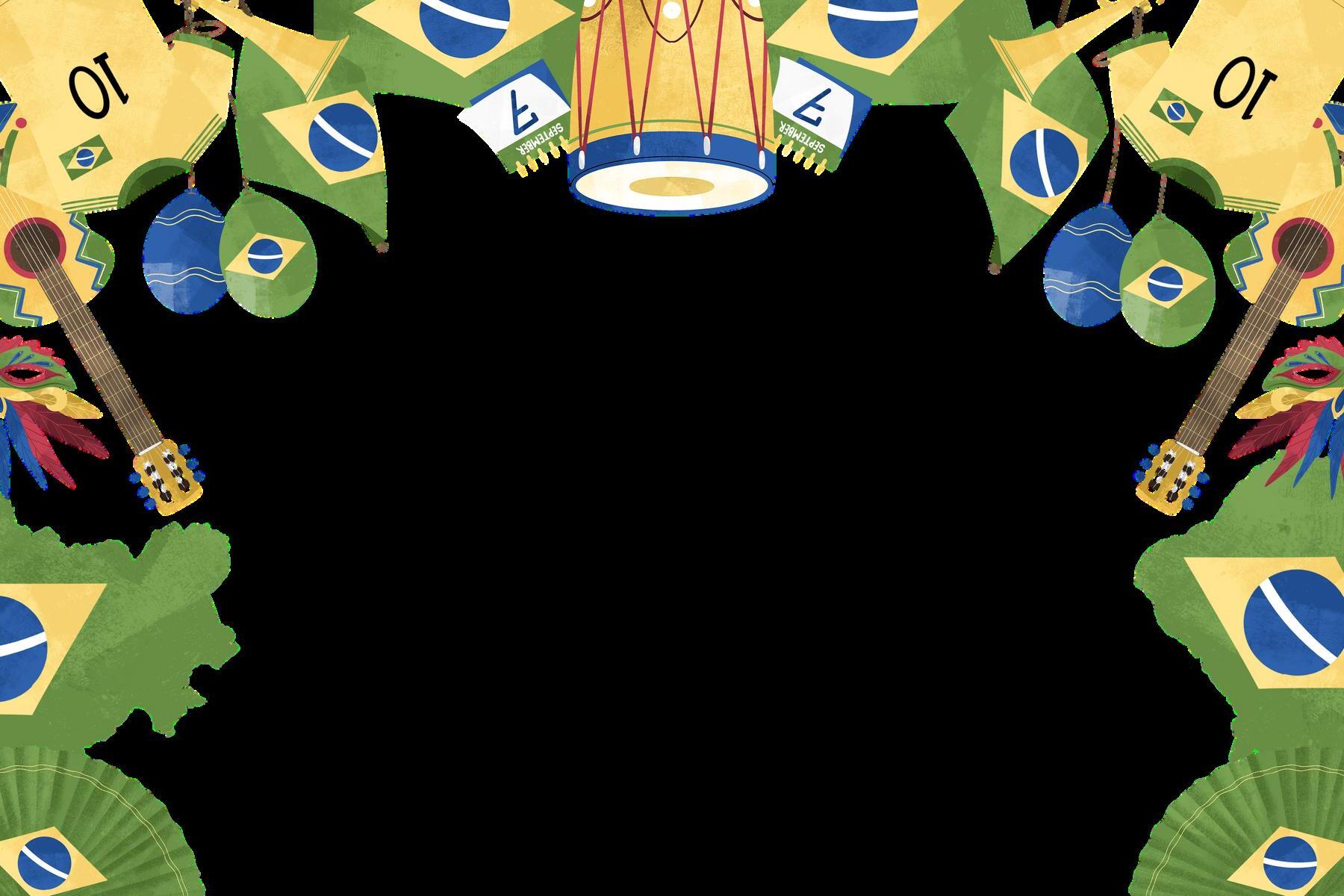
On the other hand, the use of technological resources in the teaching of mathematics is growing in Brazil.
In view of the importance of training teachers, some training programs are being developed to improve the pedagogical and didactic skills of teachers
Aspects Aspects Aspects
Aspects Aspects Aspects

The curricular organization has not managed to transform the teaching and learning processes in most basic education schools to articulate the subjects and manage to provide students with effective teaching, with deepening of the content
Teaching is fragmented due to the lack of availability of teachers to meet and elaborate a complete proposal that offers students a better academic formation. Likewise, the initial training of teachers is a problem
Traditional and rigid methodologies are used, where classes do not go beyond the transposition of contents, exercises and techniques, leaving aside the significant objectives of these processes.
Many of the teachers reproduce traditional education in the way they received it, some still do not have sufficient preparation, capacity for analysis, interpretation and evaluation required.
Invest in educational resources: it is essential that investments in educational resources be generated, which will allow for the inclusion of didactic mathematics that are updated and allow for the improvement of mathematics teaching. This can allow learning to be more interactive and with greater participation.
Teacher training programs: although some efforts are being made, it is essential to implement teacher training programs to improve the pedagogical and didactic skills of teachers in this area. At the same time, it is also necessary to raise teachers' awareness of their important role in providing knowledge to their students.
Promotion of research and innovation: as in Brazil, it is important to strengthen mathematics fairs, making these events attractive to students in order to increase their participation and motivation.
Curricular articulation: this implies providing a more comprehensive and meaningful education. In which the collaboration between teachers from different areas is reflected in order to design more complete and effective educational proposals.

Encouragement of innovative methodologies: to generate interest in students, strengthen their capacity for analysis and reflection, leaving aside the traditional transmission of content.
Support for teachers at all times: from their initial training, to their practice and subsequent work in the classroom, which promotes their professional development and access to quality educational resources and materials.
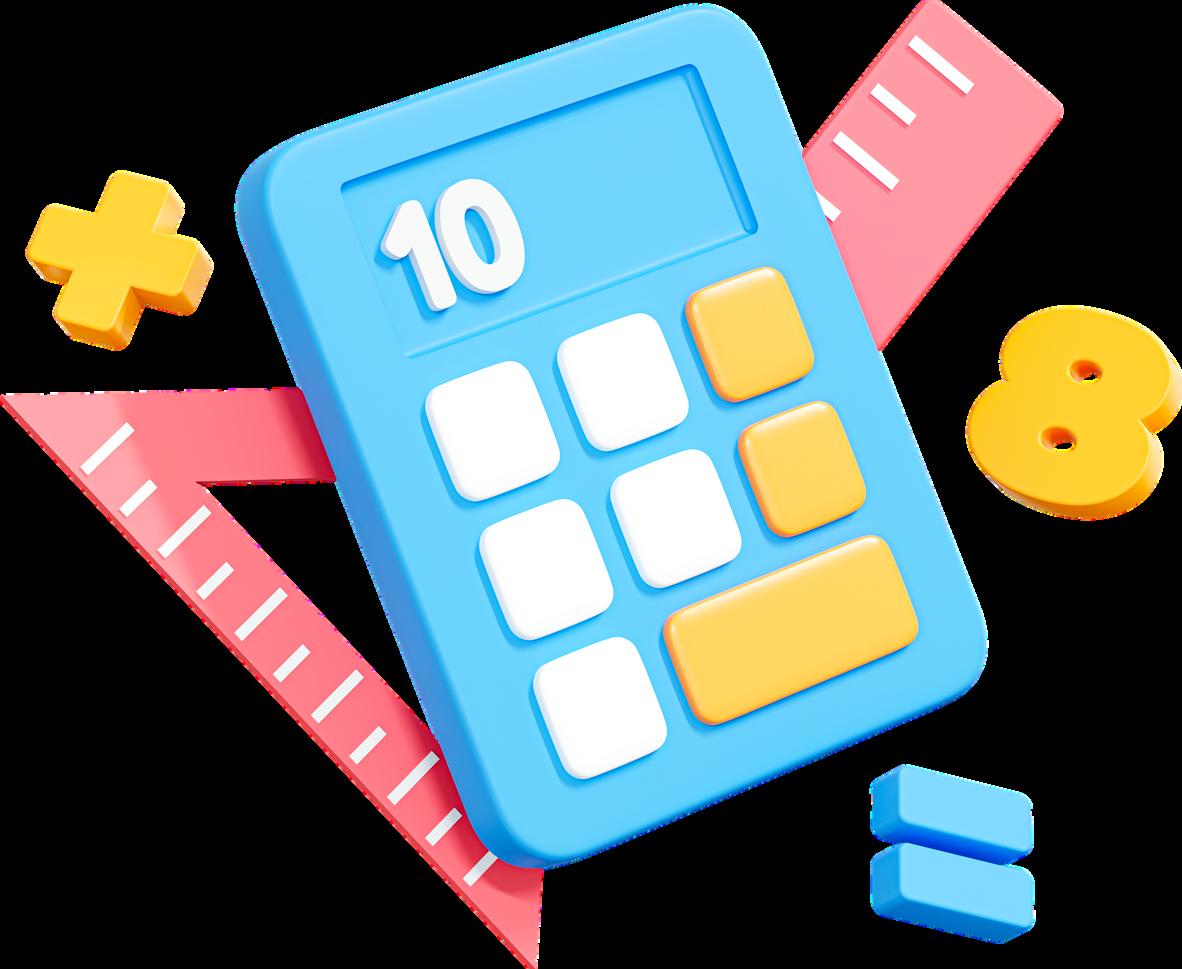

According to the Ministry of Education of Chile (2023), Mathematics develops skills and attitudes gradually and is integrated with the conceptual contents It begins with experiential learning that considers the concrete, the pictorial, and the symbolic, continuing with learning by doing to finally develop the capacity for analysis, study, and resolution.
The link between mathematics and reality is considered fundamental, as well as its relationship with various contexts and with a focus on the development of Mathematical Thinking, Problem Solving, Representation, Mathematical Modeling, Argumentation, and Communication

The mathematics curriculum is progressively approaching the international standards observable today. The teaching model and curriculum have experienced significant influences from the practices of several countries. For instance, Australia, through a model for the formulation of learning standards known as “progress maps”; Japan, concerning planning methods at the mathematics classroom level; and Singapore, whose model has manifested itself in various forms, particularly in the study texts and their implementation in the mathematics classroom.
In didactics, emphasis is placed on a multiple representations approach, the development of skills, and the use of information technologies (ICT). The new emphases point to the development of mathematical thinking, problem-solving, argumentation, and demonstration; to contextualized learning and modeling
However, there is still a socioeconomic gap in mathematical knowledge that can be seen between public and private schools.
Standardized tests are still used to measure students' mathematical skills, a type of assessment that does not show accurate results.
There is a need to deepen the way mathematics is taught from the earliest years. This is evident in the way teacher training in mathematics is being carried out.
A gender gap is evident not only at school, where more emphasis is placed on mathematical studies for men but also at home, where parents are the ones who generally support their children in mathematics tasks while mothers support in other subjects.
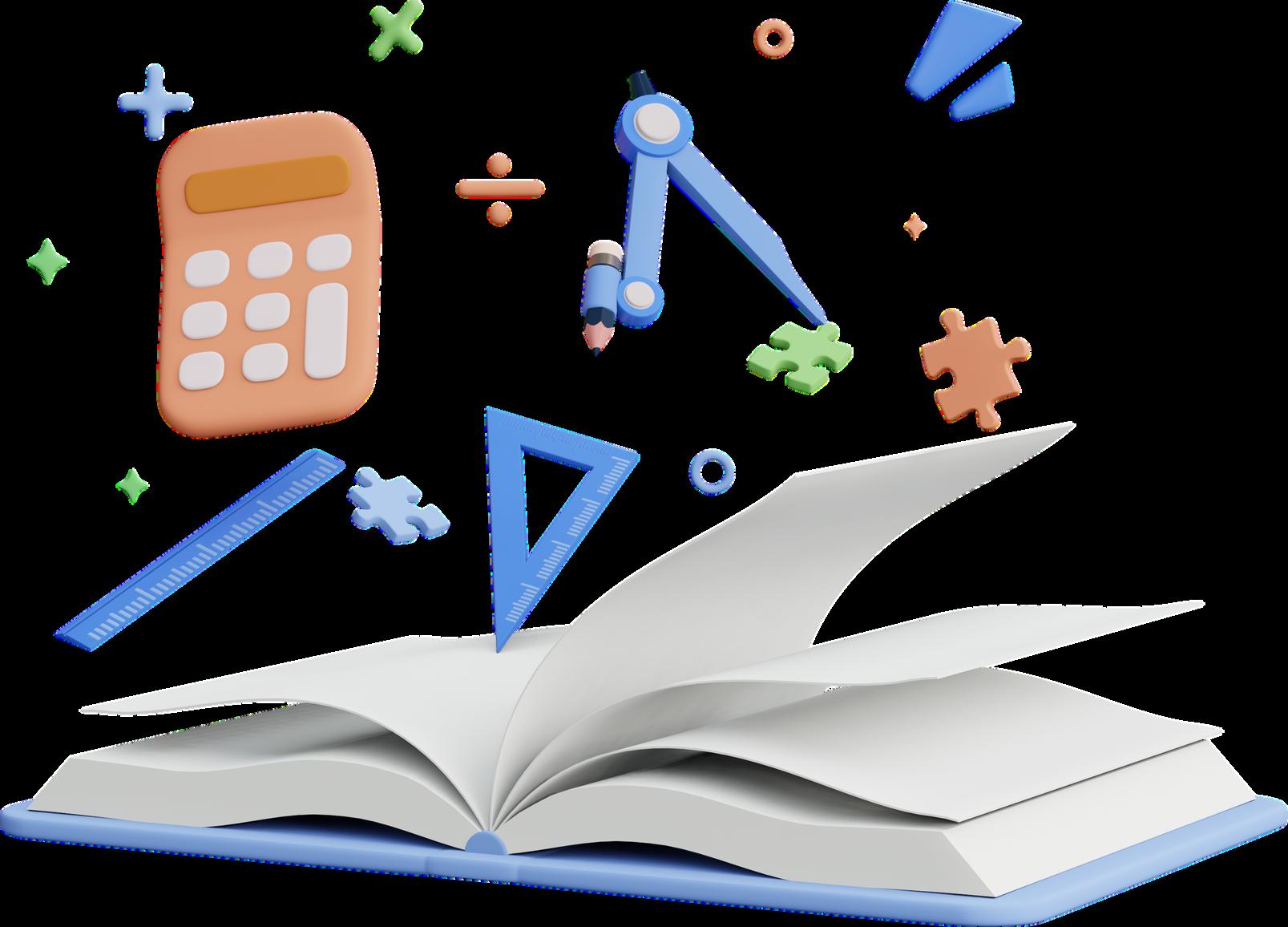

From a teaching perspective and after the analysis of mathematics teaching in Chile, it is important to mention that the challenge not only for Colombia but for Latin America is how to take advantage of the available tools so that students come to understand the applied use of mathematics
Learning and understanding basic mathematical concepts allows students to get better tools to solve everyday issues: from paying supermarket bills to being a critical and aware person of the information that is exposed daily in all media, social networks, and podcasts, just to mention a few sources.

Furthermore, with the rise of AI, it is necessary to motivate students to strengthen their critical thinking and mathematical logic, and not simply learn for the sake of learning.
Additionally, teachers must be trained to teach Math since kindergarten with different tools and methodologies that enhance the learning experience for kids.

Beliefs and conceptions: Mathematics is mentioned for specific purposes.
Theoretical reflections: you are for Mathematics Didactics without specifying the level of schooling, for example, integers, quadrilaterals, etc.
Textbooks of presentations, for example: analysis of treatment of polynomials in textbooks or basic operations in study modules
Problem-solving: these are communications in which the discussion focuses on the teaching of mathematics based on problem-solving.
Mathematical skills: includes works and proposals that refer to some specific issues of mathematical work, linked to the representation of mathematical objects, knowledge of specific concepts,
Aspects Aspects Aspects
Modeling: brings together works in which modeling is addressed as a pedagogical strategy or in which it is considered a central mathematical activity
ICTs: covers communications that reflect on the learning of mathematics mediated by ICTs.
Evaluation: the discussion of the works included in this subcategory is focused on particular characteristics of the evaluation process.
Other teaching strategies: works that present innovative ways of approaching teaching didactic implementation (Scaglia, Kiener, 2013, p 37)
Study of brain functioning. The so-called “neuro-education” or those pedagogical derivatives that build didactic proposals by directly applying the results of studies such as biological, physical, and materials.
Aspects Aspects Aspects
Formal education's rejection based on social status contradicts its intended purpose.
Educational practices, like mathematics didactics, often lack essential content, hindering learning
Socio-educational programs addressing inclusion should tailor content to improve mathematical proficiency.
Mathematics teaching explicitly emphasizes ideological perspectives
Behaviorist pedagogy integrates psychology into mathematics instruction.
Education's social functions vary across cultures and time
Curriculum development is inherently political, including in mathematics.
Interventions in education may hinder learning, particularly for marginalized students in mathematics
Addressing exclusion in math education requires examining classroom conditions.

Making a comparison between Argentina and Colombia, some ideas from mathematics teaching would be well adapted and negative aspects improved:
Join the contribution of promoting school economic political systems where contributions to school mathematics projects
Mathematics based on problem-solving
Improve the mathematical teaching design system
Greater quality education for teachers and students
Establish national and international relationships

Avoid inclusive gaps like in the other country
Mathematical Integration with ICT
Work on didactic implementation
I believe that our country must also take advantage of skills and turn them into strengths, support, and motivate students more so that they lose their fear, learn, and find more specific approaches that adapt, and are easy to respond to

Colo Colombmbia ia
The history of mathematics in Colombia: The genesis 1955-1961-
The first mathematics teachers in Colombia, with the exception of the foreigners hired for mathematics chairs in the different colleges and universities, graduated from the engineering faculties, while the teachers for secondary and university education were trained at the Normal School of Varones de Tunja became the Faculty of Pedagogy in 1933 and then the Faculty of Educational Sciences in 1934, having worked first in Tunja and then in Bogotá until becoming the first two pedagogical universities in Colombia in 1953, after their separation in the normal male from Tunja and female from Bogotá in 1951
At the end of the 1950s, there were only three mathematics programs: The one at the National University of Bogotá, which first began as a bachelor's degree in 1951, the bachelor's degree in mathematics at the then Pedagogical University of Colombia in Tunja, and the bachelor's degree in mathematics at the Women's Pedagogical University of Bogotá later converted into the National Pedagogical University In 1959 YuTakeuchi arrived in Colombia and a new advance for the teaching of mathematics began, since Professor Takeuchi and others like Horváth introduced new topics not previously known such as Fourier series and functional analysis.
It is clear that in Latin America and Colombia educational practices are not the best and the results demonstrate it, being the Latin American and Caribbean countries with the least development, leaving our children behind in relation to the rest of the world and the current need, this being one of the most serious problems since they are not being given the necessary tools for their normal development in society where mathematics is part of any process and applied to any job, with the educational level of our teachers being one of the biggest problems since it is not It has suitable professionals with the ideal training to perform this position, but the problem is not a lack of teachers, the problem lies in the lack of investment by the government to improve decent training programs and project Colombia as a country influential not only in Latin America but throughout the world

-The Colombian Mathematics Olympiads are probably one of the oldest Olympic mathematics programs in the region. This contest has been running for almost 30 years.
- In recent events, students from other parts of the region had been invited to train alongside Colombian students
- This country promoted and organized the first IberoAmerican Mathematics Olympiad. In addition, Colombia has participated in the Bolivarian Mathematics Olympiads since its inception
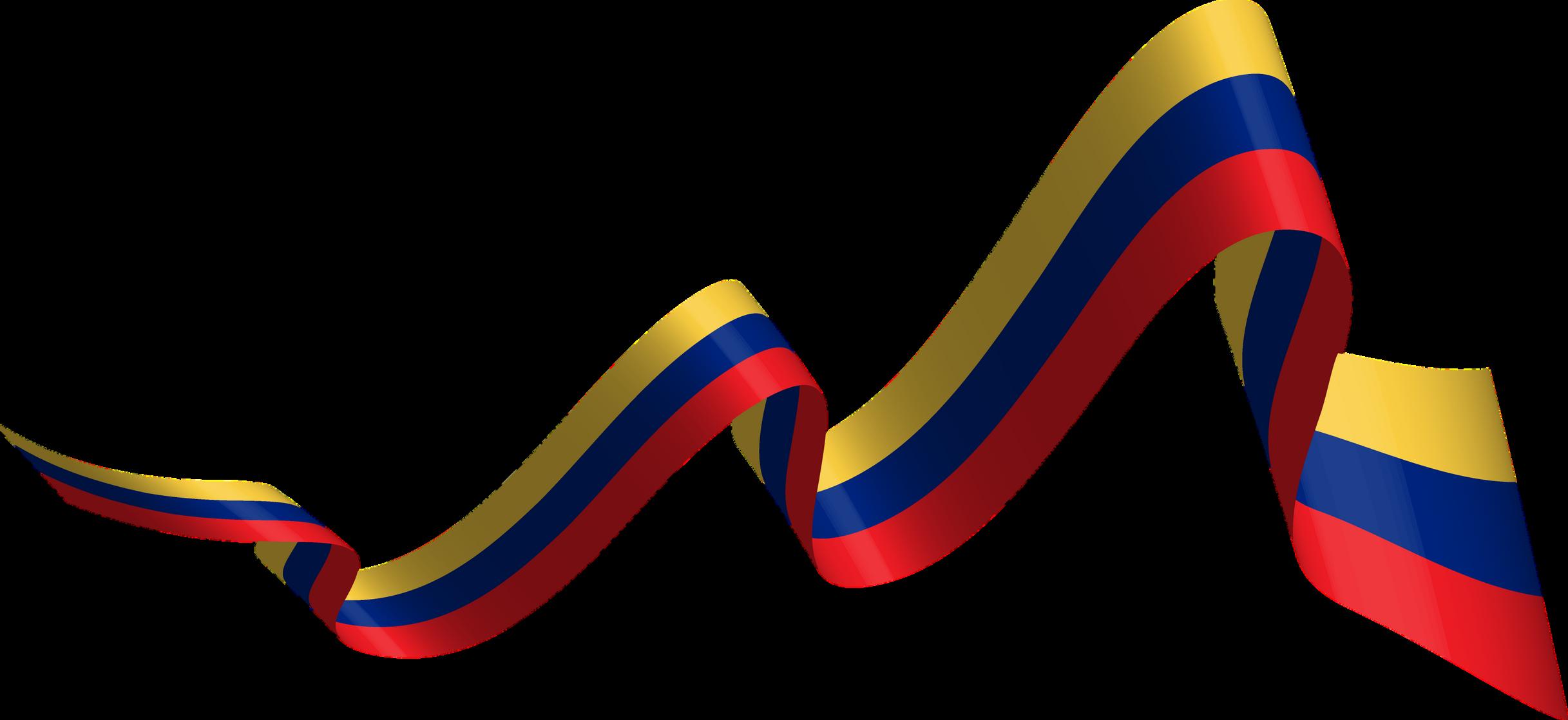
- The lack of schooling in rural communities since there are no schools or physical facilities suitable for the development of this teaching practice.
- The core of education is teaching, and this is done by teachers Our mathematics teaching group is inadequate to meet our current needs; Many classes on this topic are taught by unqualified or underqualified teachers.
- School dropouts since in Colombia students tend to drop out of school due to different problems, therefore their educational level is very low and therefore they are poorly qualified to perform positions that require a certain academic level.
- In general the lack of resources allocated to education and specifically to this area of education since until now they have been insufficient as well as forgotten by the state
Aspects Aspects Aspects Aspects Aspects Aspects

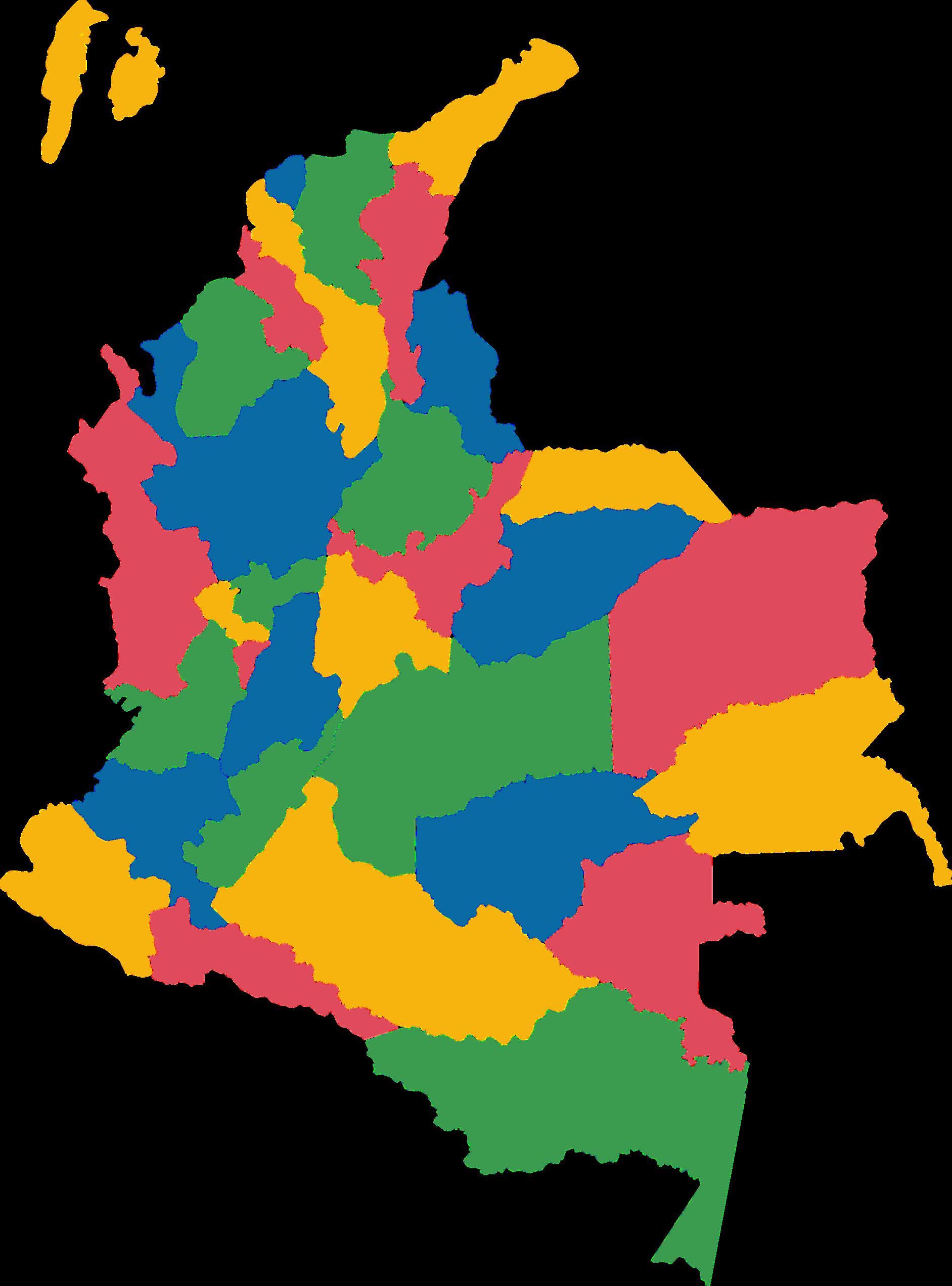
The only way to help our children understand and master mathematics is to provide them with teachers who are not only enthusiastic, but who will also have a deep knowledge of their discipline and the professional training necessary to teach appropriately
Linking mathematicians with mathematics education An important action will be to complete the evaluation of existing good practices, and share and expand these experiences to other countries in the region
Develop appropriate data Many LAC countries conduct national assessments for various age groups But to allow comparisons of data between LAC countries, as well as comparisons with nations in other regions, all countries should be encouraged to participate in standardized international assessments such as PISA or TIMSS Initial teacher training
A particularly important contribution would be to establish regional standards initial teacher training In-service training for teachers The transition from the notion of initial training to that of continuing education is the milestone of modern pedagogy
This paper proposes several ways to support in-service teachers by linking them with professional mathematicians National school olympics Many LAC countries have had good experiences with the Mathematics Olympiads This proposal emphasizes the need to increase the quality of mathematics teaching through competencies that connect professional mathematicians with students and teachers directly in their schools
HOW WE CAN IMPROVE
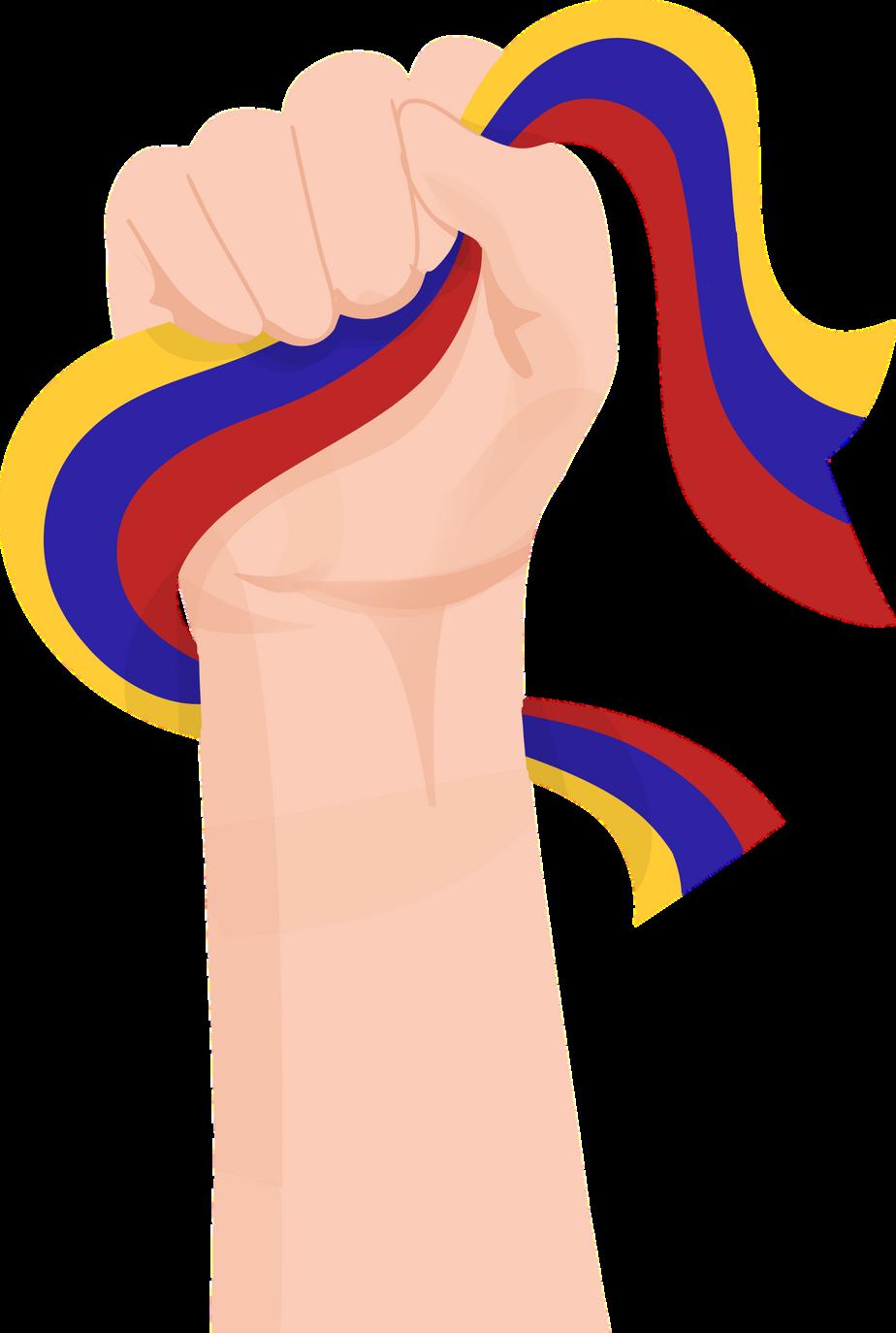
REFERENCES REFERENCES
Alfonso Segundo Gómez Mulett (2018). La educación matemática en Colombia: origen, avance y despegue. Fides et Ratio - Revista de Difusión cultural y científica de la Universidad La Salle en Bolivia, versión On-line ISSN 2071-081X, Fides Et Ratio, 16(16), La Paz, set 2018 Retrieved from http://www scielo org bo/scielo php?script=sci arttext&pid=S2071-081X201800020000
Ávila Storer, A (2016) La investigación en educación matemática en México: una mirada a 40 años de trabajo: Research in Mathematics Education in México: Looking at 40 Years of Work. Educación Matemática, 28(3), 31–59. https://doiorg bibliotecavirtual unad edu co/10 24844/em2803 02
Biembengut, M S , & Zermiani, V J (2014) Math Fairs: the history of ideas and ideas in history Blumenau: Nova Letra Editora
Bosch C; Álvarez, L; Correa, R: Druck, S; & McEaching, R (2010) Mathematics education in Latin America and the Caribbean: a reality to be transformed Science for a Better Life: Developing Regional Scientific Programs in Priority Areas for Latin America and the Caribbean Volume 4. Mexico City, ISBN 978-0-930357-80-1. http://docplayer.net/20952213-Mathematics-education-in-latin-america-and-thecaribbean-a-reality-to-be-transformed html
Brazil, among the heavyweights of mathematics (s f ) https://revistapesquisa fapesp br/es/brasil-entre-los-pesos-pesados-de-lamatematica/
Broitmat, C (2022) Introducción al dosier: Didáctica de las Matemáticas Un análisis político e ideológico sobre saberes y prácticas Archivos de Ciencias de la Educación, 16(21), e101. https://doi.org/10.24215/23468866e101
Cordano, M. (2023, 25 de junio). ¿Qué implica a nivel país que los escolares chilenos no entiendan sobre matemáticas? Noticias Educación. El Mercurio https://www umce cl/images/raiz/noticias/2023/a8 pdf
Gómez Mullet, A (2018) Mathematics education in Colombia Origen, progress and take off Revista de Difusión cultural y científica de la Universidad La Salle en Bolivia Fides Et Ratio vol 16 no 16 La Paz set http://www scielo org bo/scielo php?script=sci arttext&pid=S2071081X2018000200008
Ministerio de Educación. (2023). Orientaciones Didácticas: Matemáticas. Unidad de Currículo y Evaluación. Gobierno de Chile. https://www curriculumnacional cl/614/articles-334707 recurso pdf pdf
Oteiza Morra, F (2015) Una visión acerca de la educación matemática en Chile: cómo caracterizar su presente, los principales hitos del proceso de llegar allí y cómo pensar el futuro En X Martínez y P Camerana (Eds ), La Educación Matemática en el Siglo XXI (pp 41-66) Instituto Politécnico Nacional de México.
Sara Beatriz Scaglia, y Fabiana Kiener (2013). Aportes sobre el estado actual de la Educación Matemática en Argentina. Revista Binacional Brasil-Argentina Diálogo entre as ciências, 2(2), 25-47 LicenseCC BY-NC-SA Retrieved from https://www researchgate net/publication/261507025 Aportes sobre el estado actual de la Educacion Matematica en Argentina
Saffi, N (2021, 24 diciembre) El poder de las matemáticas Noticias Pontificia Universidad Católica de Chile https://www uc cl/noticias/elpoder-de-las-matematicas/


















